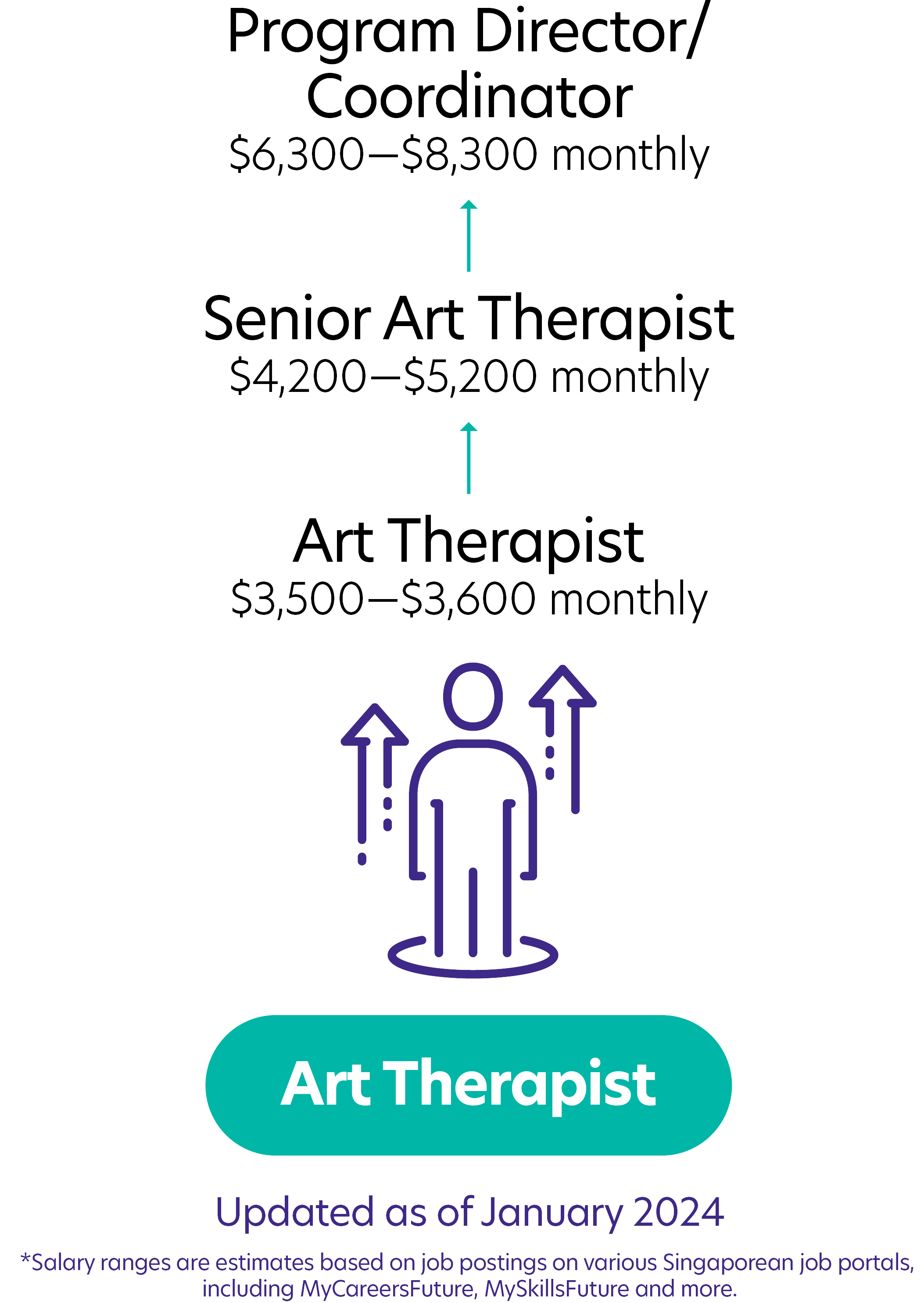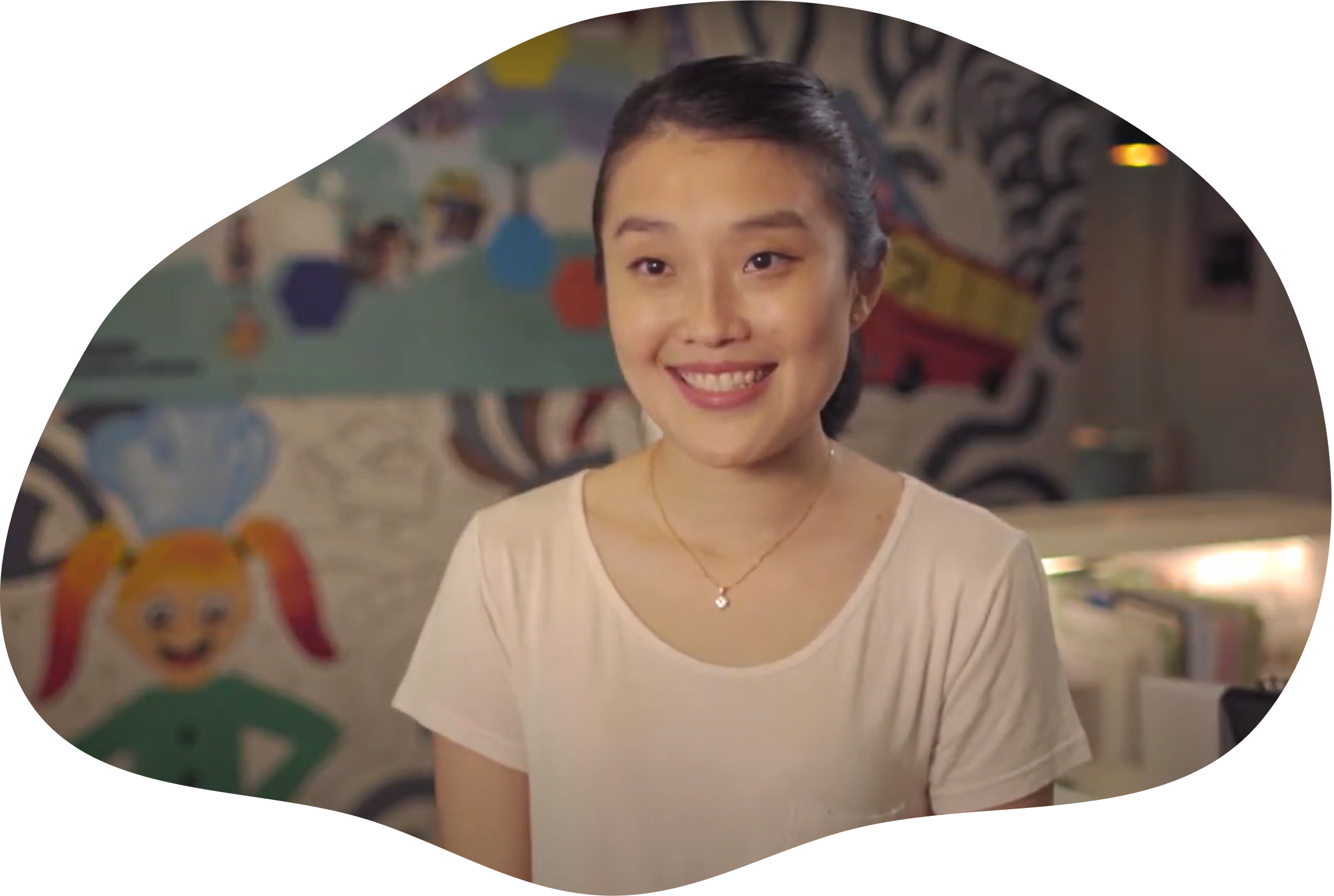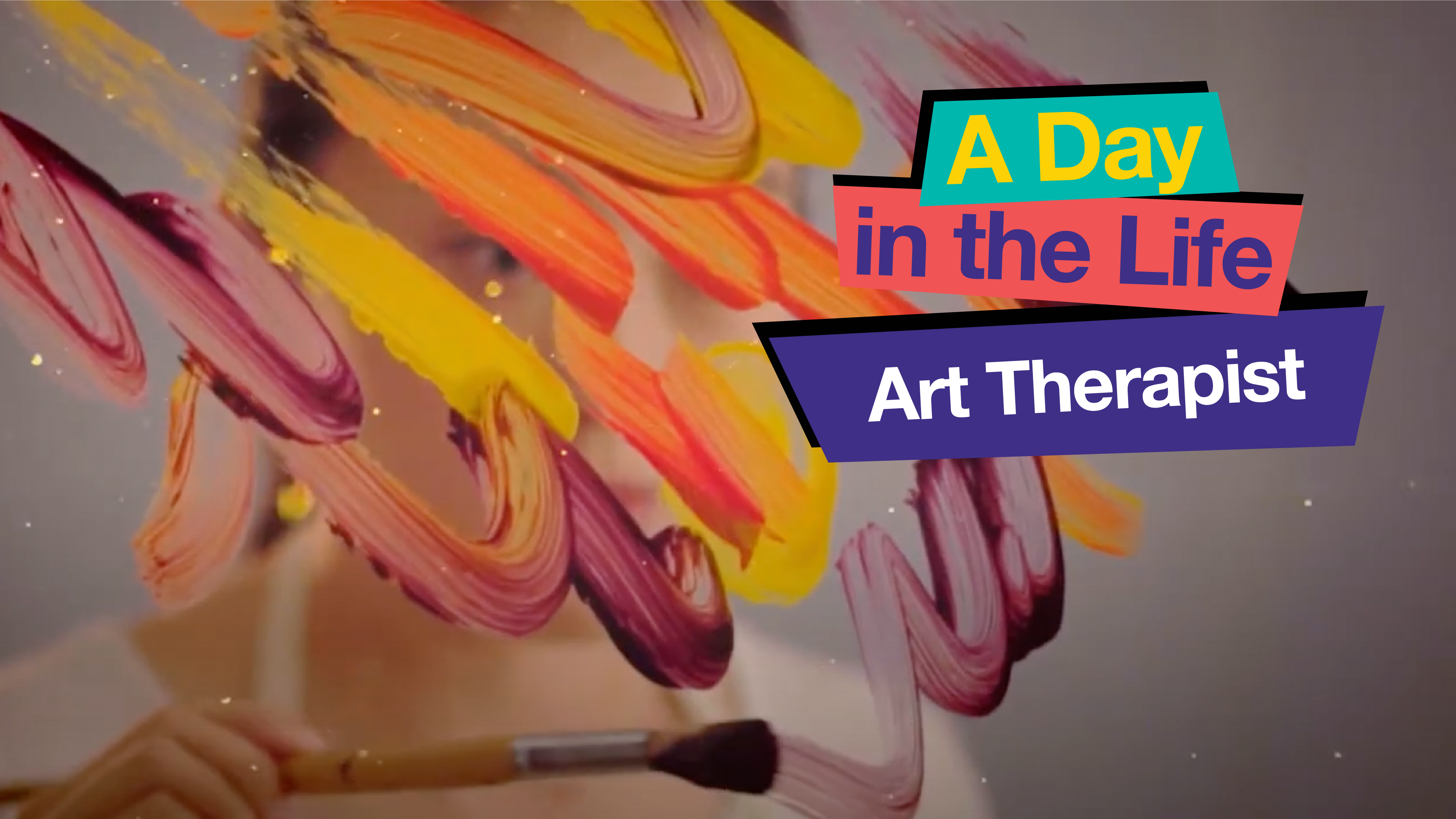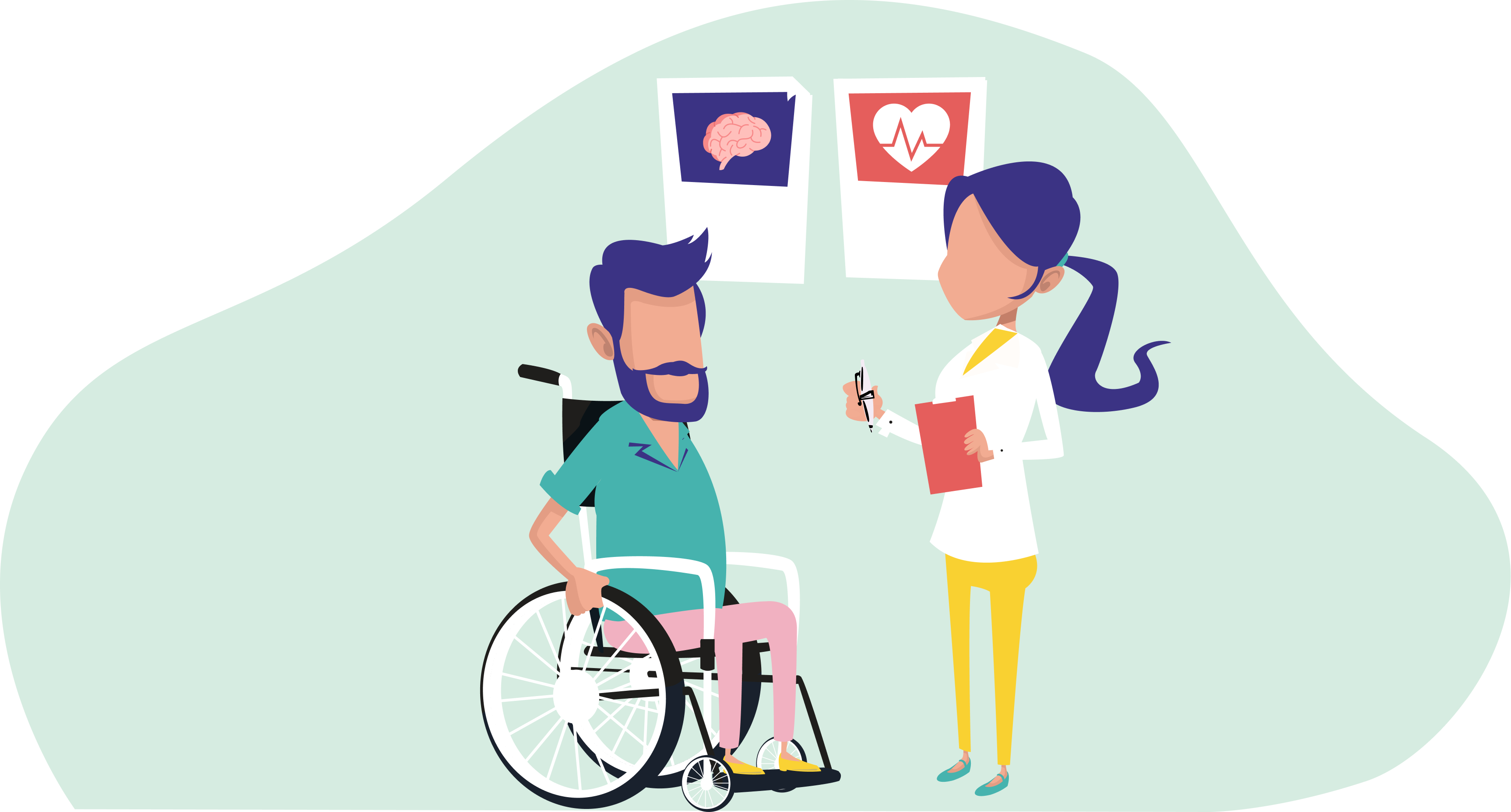
Art Therapists help patients cope with their emotions and express their mental wellbeing through art.
Art Therapist Job Description
- Plan and facilitate art therapy sessions.
- Provide a consistent and safe setting, offering the most useful art materials.
- Organise one-on-one and group workshops.
- Develop treatment plans which allow patients to have a creative outlet through various art mediums.
- Attend seminars and conferences to discuss treatment methods and share experiences.
- Liaise with Healthcare and Social Work professionals and refer clients to them.
Note
The focus is not on artistic skills but on the creative personal process. The purpose is to facilitate communication and improve patients' mental and physical well-being.
What you should know about Art Therapist jobs in Singapore
Nature of Work
You will be practising in a variety of settings, like mainstream/ special needs schools, hospitals, prisons, and mental health institutions.Key advice
Be prepared to work on weekends and evenings. Proper planning and arranging of sessions is necessary, so familiarise yourself with Microsoft Office!-
Entry RequirementsEntry Requirements
- Minimally a two-year postgraduate degree in Art Therapy from local or overseas educational institutions is required.
- If you want to practise in Singapore, LASALLE offers a master’s Art Therapy Programme spanning a range of psychotherapeutic concepts, theories and practices.
- Try to go for volunteering and job shadowing to get more experience in the environment. You can go to schools, hospitals, prisons and care centres.
- Minimally a two-year postgraduate degree in Art Therapy from local or overseas educational institutions is required.
-
Possible PathwayPossible Pathway

Skills you need to pursue an Art Therapist career in Singapore
Visual Art
Mastery of art forms like painting, drawing, sculpture, or digital art is crucial for conducting therapy sessions.Microsoft Office
Skills in using Microsoft Office applications for documentation, planning, and administrative tasks.Knowledge in Theory of Therapy
Understand psychological and therapeutic theories, particularly those relevant to Art Therapy.Sensitivity
A strong empathetic approach is essential for understanding clients' emotional and psychological needs.Emotional Stability
Maintaining composure and support is essential for working with emotionally challenged clients.Patience
Essential for working effectively with clients who may require more time to express themselves or progress in therapy.
“Remember your call and trust the process.”
May, Art Therapist
Related Job Roles
Explore Other Programmes
Browse AllYou have bookmarked your first item!
Find it in My Discoveries with insights on your interests!











